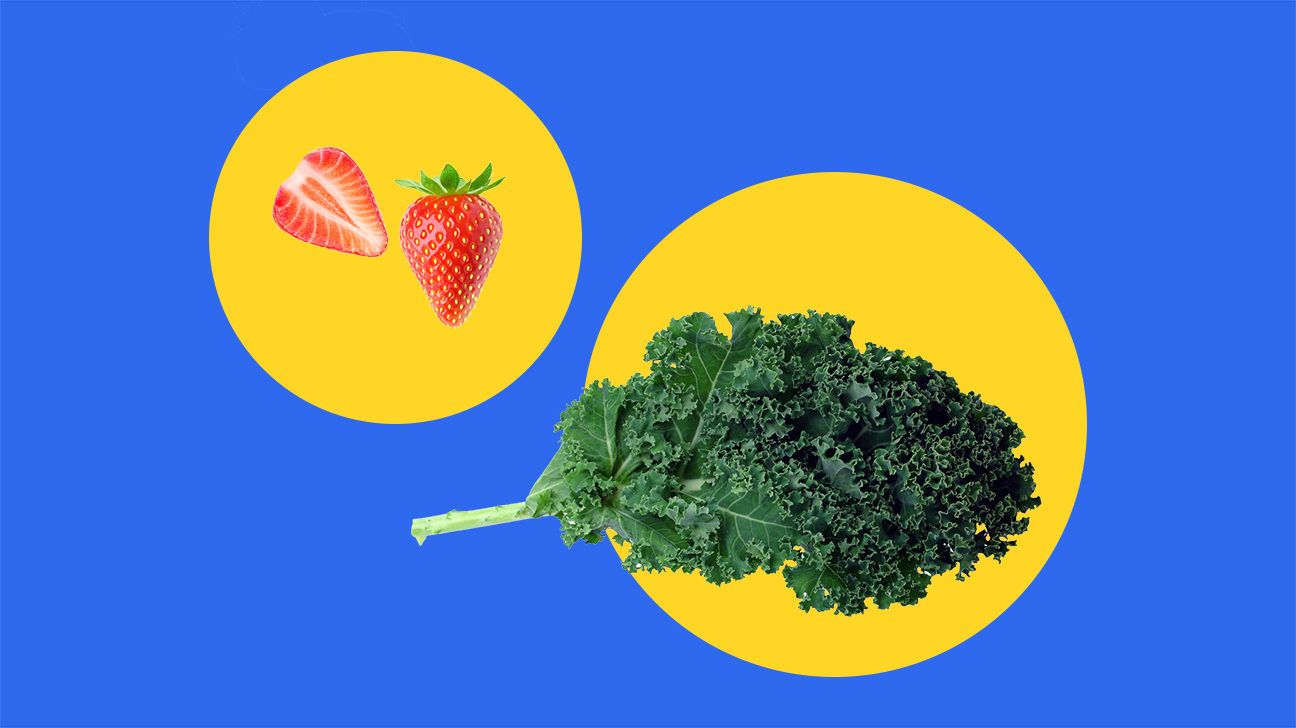We’ve all been there — a late-night taco slathered in spicy sauce leads to a night of burning tummy discomfort. But what about when that familiar discomfort turns into something more?
Symptoms of dull stomach pain, nausea, diarrhea and weight loss, burping, acid reflux, feeling full easily, and always feeling hungry yet having no appetite, could indicate a stomach ulcer (aka peptic ulcer) is to blame.
Though not directly caused by spicy food (or any food), a stomach ulcer forms as an open sore in the lining of the stomach caused by bacteria, overuse of NSAID pain relievers, or frequent use of other medications like steroids or SSRIs. That tasty taco could merely irritate the symptoms.
If left untreated, a peptic ulcer can lead to chronic pain, inflammation, and even stomach cancer. That escalated way too quick, right?
Don’t worry — there’s much you can do.
Say hello to Helicobacter pylori (H. pylori), the bacteria best known for causing stomach ulcers and gastritis (a general term for stomach inflammation).
Gastritis occurs when the stomach lining weakens, allowing stomach acid to seep in and create a burning sensation, typically felt in the middle part of your stomach and chest.
What’s more, salty and fatty foods can actually alter the cells in your stomach, increasing the likeliness of an H. pylori infection. Adios potato chips!
No taco shaming!
While a specific diet won’t cause stomach ulcers, research shows that certain foods may help your body fight off that ulcer-causing H. pylori.
The best preventative defense against H. pylori includes — *wait for it* — fruits, veggies, and probiotics. Shocking, we know. They help protect your gut, fight bacteria, strengthen your immune system, and more.
Add these to your shopping list:
- fruit (especially berries)
- whole grains
- cauliflower
- cabbage (green)
- celery
- bell peppers
- carrots
- broccoli
- honey
- garlic
- decaf green tea
- leafy greens
- food with probiotics, such as yogurt or kimchi
So how do they work exactly?
Antioxidant-rich foods like cherries, blueberries, kale, and spinach boost your immune system to more effectively fight infections and even help ward off stomach cancer.
What’s more, mom was right about forcing you to eat broccoli. Research indicates that sulforaphane, a compound found in broccoli, shows anti-H. pylori functionality.
Probiotic foods can be a little more complicated to work into your diet, but they are worth the effort! Clinical studies indicate loading up on foods like miso, sauerkraut, and kimchi are like kryptonite for H. pylori bacteria.
What about supplements?
If you’re currently taking antibiotics for a stomach ulcer, you might want to add a probiotic. Probiotics can help counter the negative effects of antibiotics on healthy gut bacteria while also making them more effective. Your doctor can help you decide which probiotic works best in your treatment plan.
Other H. pylori-fighting supplements to ask your doctor about include:
- deglycyrrhizinated licorice
- curcumin extract
Yes. Some people with stomach ulcers also have acid reflux. Some foods cause the lower part of the esophagus, known as the lower esophageal sphincter (LES), to become relaxed. When this happens, acids can sneak up into the esophagus and cause indigestion and heartburn.
Some foods known to do this include:
- spicy food
- alcohol
- chocolate
- caffeine
- acidic foods like citrus and tomatoes
Also, eating too much or eating within 2–3 hours of bedtime can worsen acid reflux symptoms. Netflix and chill with a pizza isn’t sounding so fun anymore, is it?
Thankfully, there’s lots you can do to relieve stomach ulcers and gastritis.
Here are some ways to start:
- Add those healthy foods from above. Broccoli and berries are your new besties.
- Take your vitamins and supplements, such as omega-3s and probiotics.
- Lower your stress level. Emotional stress is linked to increased inflammation flare-ups. Also, getting plenty of sleep helps to control stress.
- Quit smoking. Just don’t do it. Ever. It can lead to stomach inflammation and everything else that’s bad.
- Eat five or six smaller meals rather than three large ones. Smaller meals boost healing by reducing the amount of stomach acid in the stomach.
- Drink water and limit or avoid alcohol. Alcohol increases stomach inflammation.
Antibiotic medication is prescribed for about 2 weeks to treat H. pylori. In addition, your doctor will most likely prescribe a proton pump inhibitor (PPI) such as Prilosec, Nexium, or Prevacid to limit stomach acid production.
Histamine blockers (H2s) such as Pepcid, Zantac, and Tagamet can also decrease stomach acid production and absorption.
If you’re recovering from a stomach ulcer and working to heal your stomach, ending your day with marshmallow root tea can really help to soothe mucous membranes (both the esophagus and stomach lining). Just make sure to steep it in room-temp water for several hours, instead of the typical hot water for a few minutes. We know from personal experience, it’s much more effective this way!
And, if you’re brave, you can try the cabbage juice method — just remember to go for the green cabbage. It’s been proven very successful and some people see results within just a few days. Though you might need to pinch your nose to knock this one back.
Bottom line:
Stomach ulcers (peptic ulcers) are most commonly caused by the bacteria H. pylori. Fortunately, some foods fight off this bacteria, helping to prevent and heal stomach ulcers. Doctors can also prescribe antibiotics and over-the-counter medications to rebalance stomach acid levels and heal stomach ulcers.

